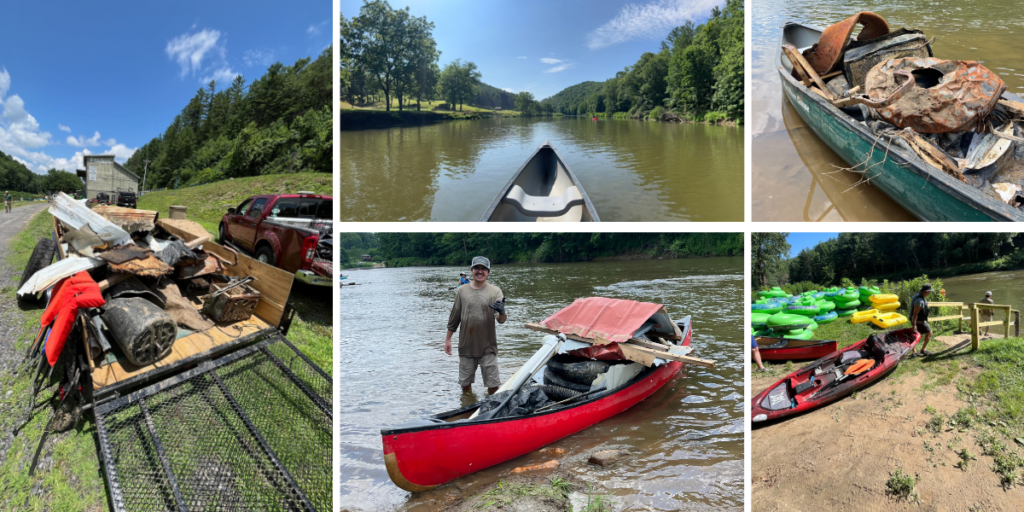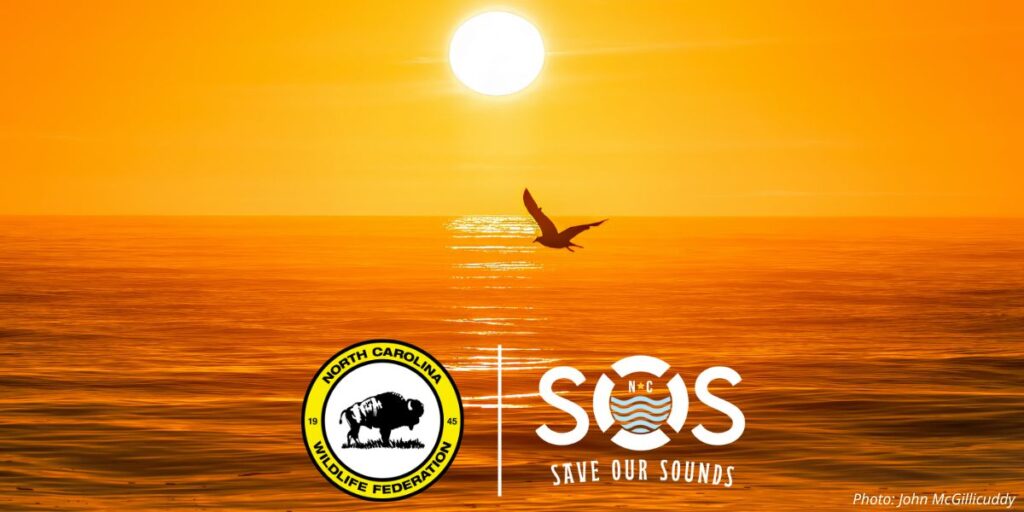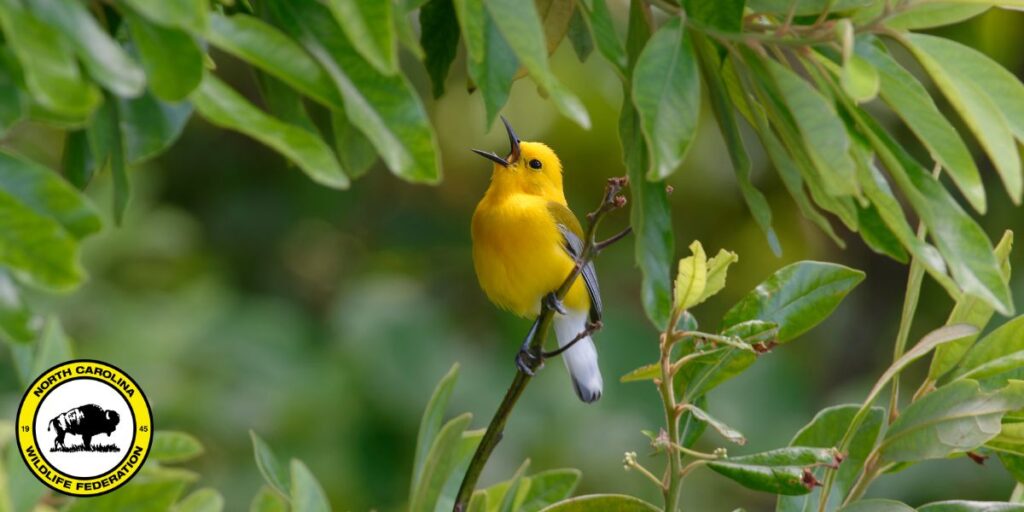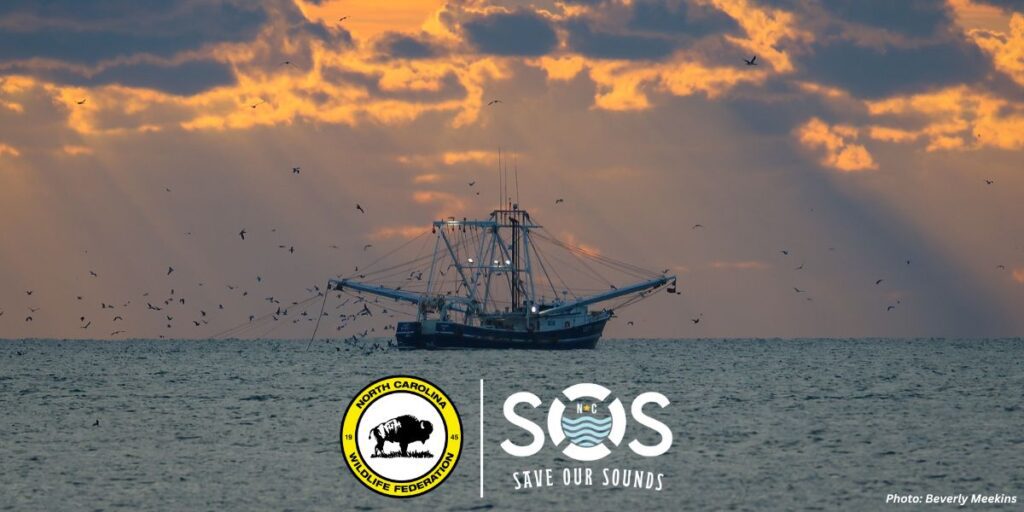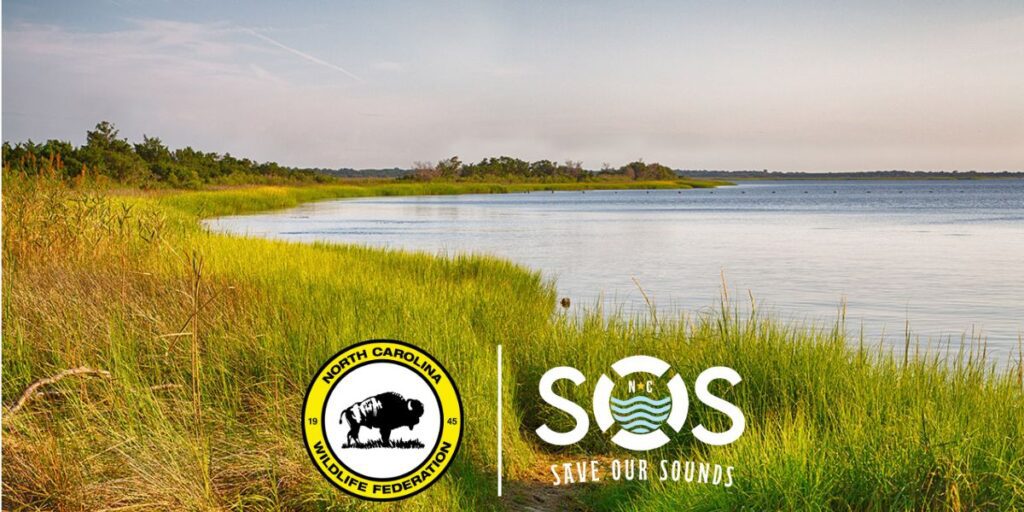Hunting and Angling
Academics Afield
NCWF partnered with NC State University, the NC Wildlife Resources Commission, other conservation groups, and Wake County Wildlife Club to launch Academics Afield in North Carolina. The Georgia Wildlife Federation founded Academics Afield in 2019 to build upon current Recruitment, Retention and Reactivation (R3) programming and introduce college students from nontraditional backgrounds to hunting and shooting sports.
Research shows many people are sorely disconnected from nature. A recent national study found that, although many people have an enduring interest in nature, their ability and opportunities to pursue those nature-based interests are increasingly limited and inadequate.
In a college setting, program participants are more likely to come from nonhunting backgrounds and fall outside of the current demographics of hunters than participants from other hunter recruitment programs.
The year-long Academics Afield program offers R3 wildlife-related curriculum and quality mentored hunting and shooting sports opportunities to participants while evaluating their experiences. Academics Afield reduces barriers for college students from these nontraditional backgrounds, and many of the participants have unique reasons for getting involved.
“Upon coming to college and studying animal science as well as interning in rural areas, I am now very interested in learning how to hunt. But I don’t know how to get started safely. I always supported hunting for conservation purposes. I love the outdoors and wildlife. As someone who works with livestock and has taken meat science classes, I appreciate how animals are used for protein. I want to learn how to hunt and process the animals I hunt to use them for food and other products. I aspire to be a rural veterinarian, and I think learning how to hunt and use a gun are valuable skills for the setting I wish to live in one day. Additionally, I wish to find an outlet where I can go outside beyond the work I do at farms. I think it would be good for me physically and emotionally. Seeing that programs like these exist has sparked me to finally pursue an interest I’ve never had the resources or knowledge to pursue before."
Maddie Kuwada
Academics Afield helps bridge the gap between students who have a heritage and history of hunting and those who don’t.
“I have always had a really deep connection with nature and a strong interest in wildlife conservation. I’ve always been the one to pick up and investigate any strange animal bones that were found. I firmly believe in the importance of hunters, and a lot of people in the College of Agriculture and Life Sciences have a strong passion for hunting. I would love to be able to relate to them more. Additionally, the program would be a great way for me to learn about all the intricacies of hunting and tracking. I’m from a disadvantaged background in terms of demographics. I grew up in Miami, Florida, and was never able to see much of the ‘Great Outdoors.’ Even though I had this huge passion for exploring and seeing nature, I was limited by my surroundings and coming from a place that did not have many hunters. I have this huge interest in hunting and learning more about wildlife conservation, but I have never had the opportunity until now to harness it. I would be grateful to have the opportunity to participate in this program and would love to be a part of a new first generation of hunters.”
Tanner Hamerling
Participants will gain extensive safety training and shooting experience and learn why hunting, conservation and ethics matter. They will be provided in-field, mentored hunting experiences by peer instructors, which will continue into 2022.
To learn more, contact Dr. Liz Rutledge, NCWF Director of Wildlife Resources at liz@ncwf.org.
Recruitment, Retention, and Reactivation (R3)
Recruitment, Retention, and Reactivation (R3) efforts work to ensure a continuous stream of funding available for wildlife conservation and management in the future. Much of the on-the-ground conservation work that’s been done for decades has resulted from excise taxes on equipment purchased for traditional hunting, angling, and shooting sports.
As the number of active hunters and anglers declines across the country, the amount of funding available for wildlife conservation and management decreases. R3 programs hope to reverse this trend. NCWF has been supporting R3 efforts through hosting annual deer hunting and processing seminars and Getting Started Outdoors (GSO) events in partnership with NC Wildlife Resources Commission.
These seminars and events teach interested individuals and beginners the basics of hunting, how hunting benefits wildlife, and they inspire participants to adopt positive hunting ethics, attitudes, and behaviors. The GSO programs provide those who’ve never hunted and have no support system (i.e., they do now know anyone who hunts) an opportunity to immerse themselves in a one-day skills workshop and a one-on-one mentored hunting experience.
We hope to continue to broaden and diversify the hunting-angling-wildlife conservation community with more women and people of color while re-engaging non-active hunters and anglers, further ensuring wildlife are healthy and protected for generations to come.
To learn more, contact Dr. Liz Rutledge, NCWF Director of Wildlife Resources at liz@ncwf.org.
Recent News
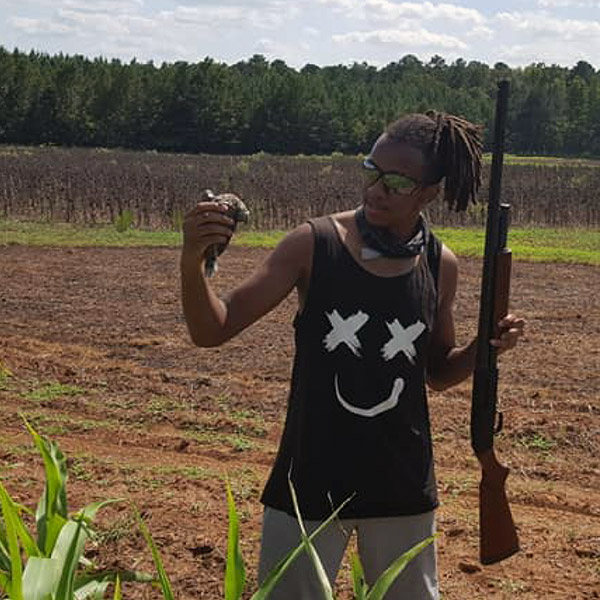
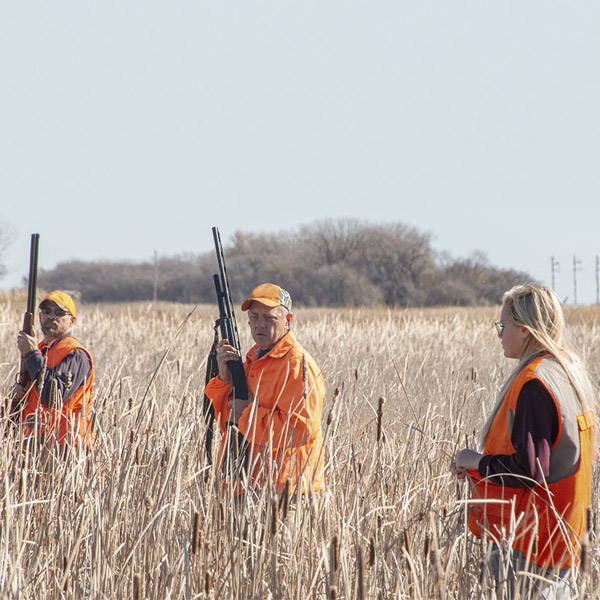
Join the Cause and Make an Impact
Help NCWF preserve wildlife and wild places for our children and future generations. Learn More.


